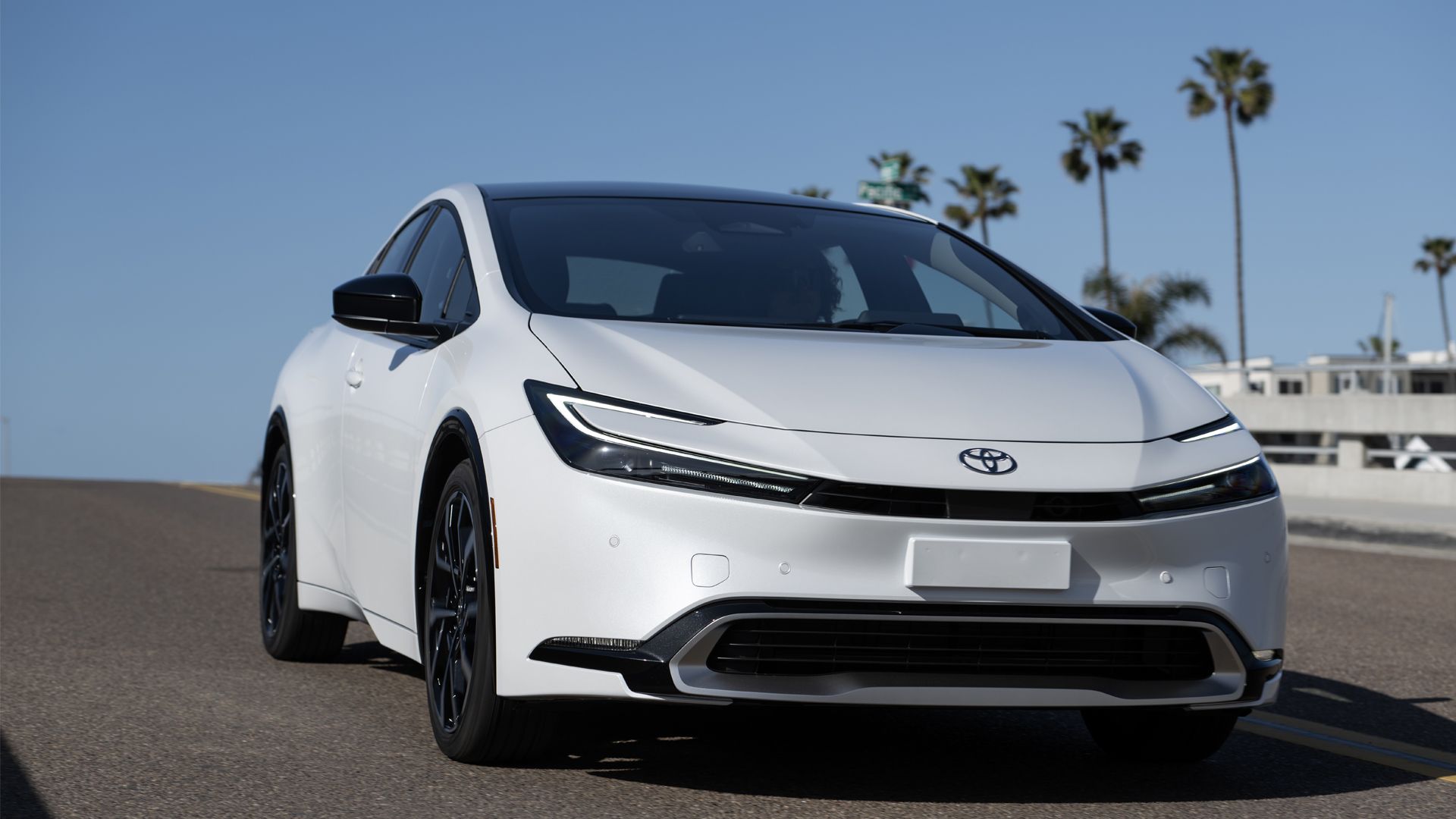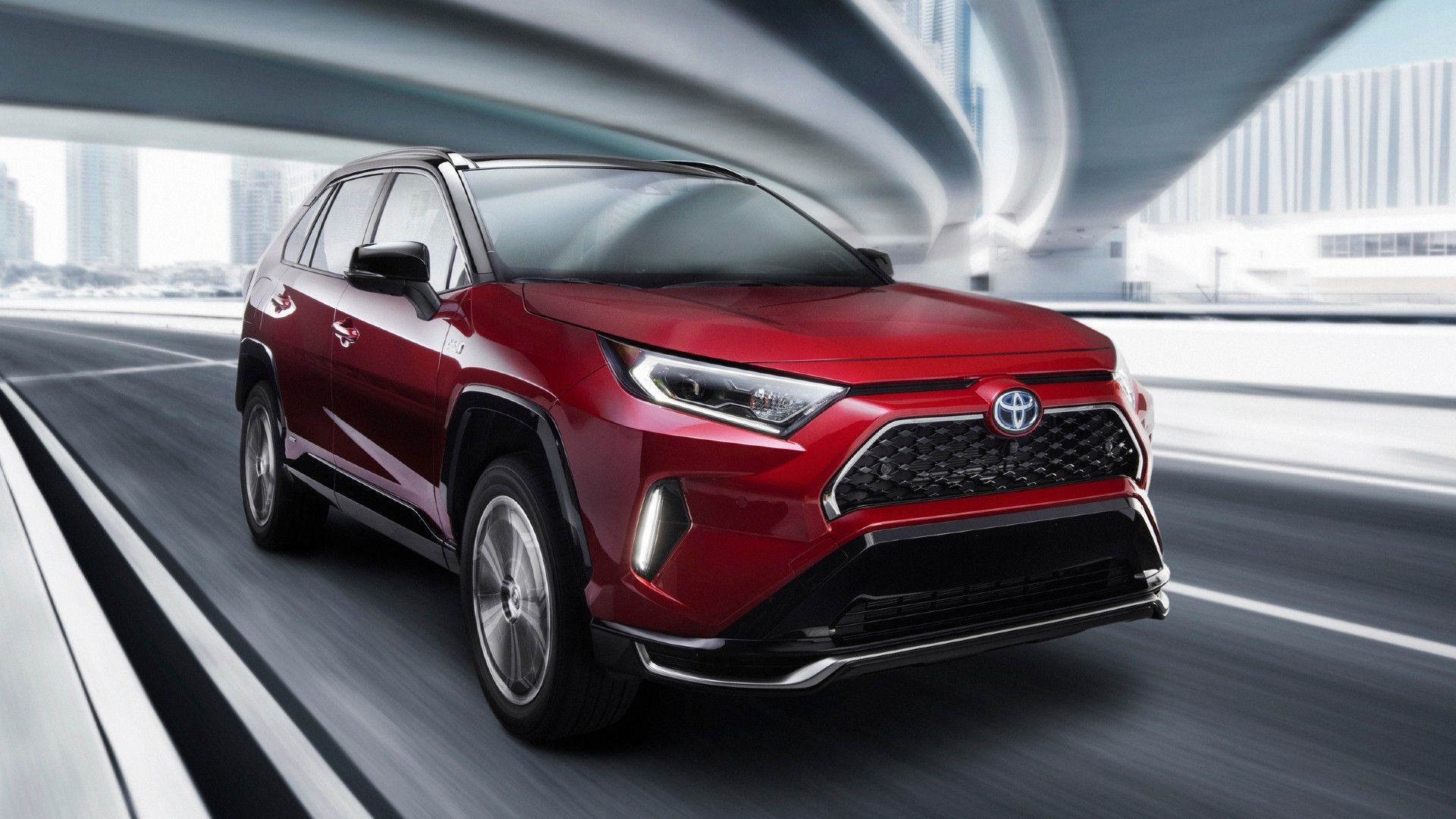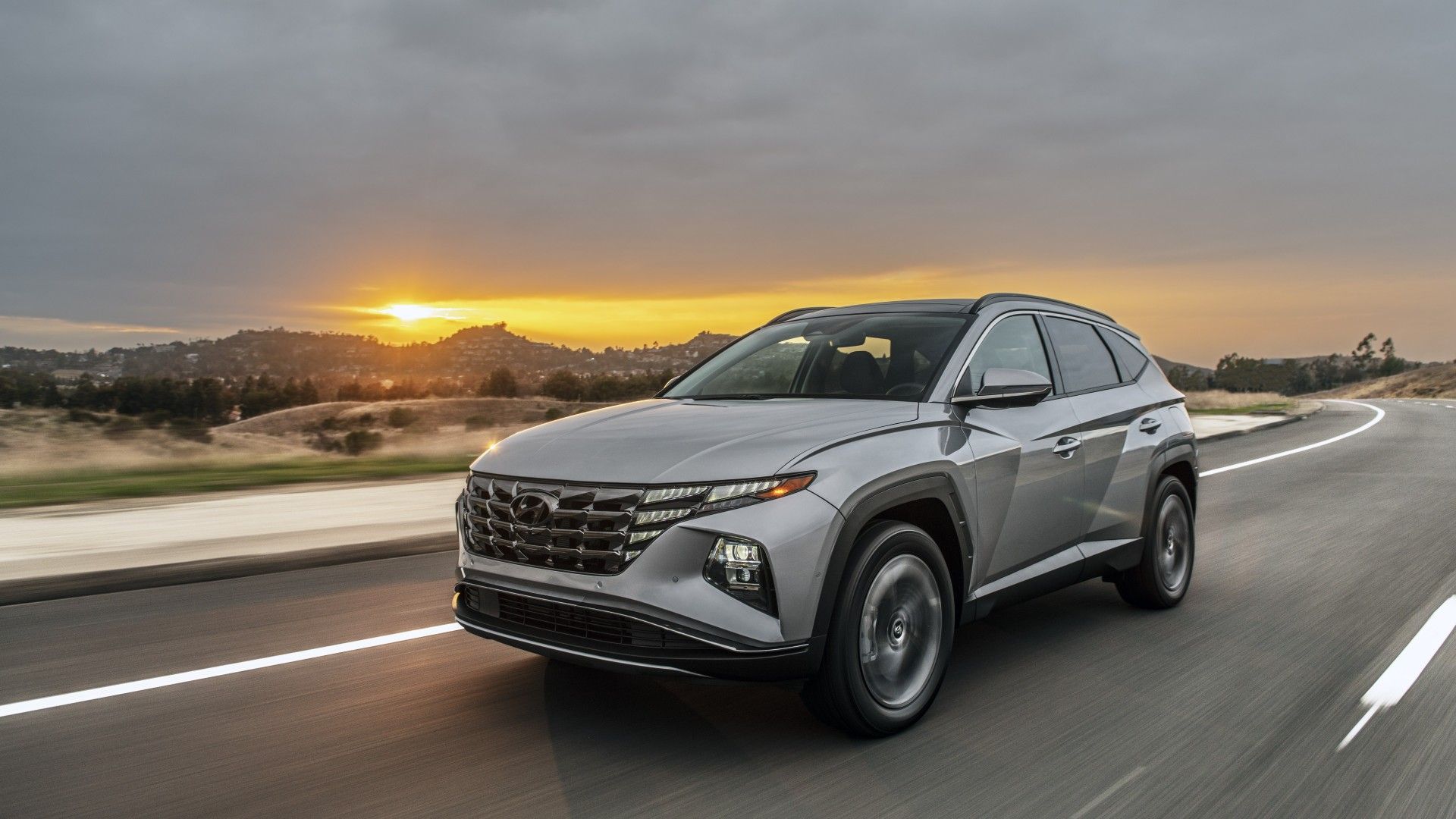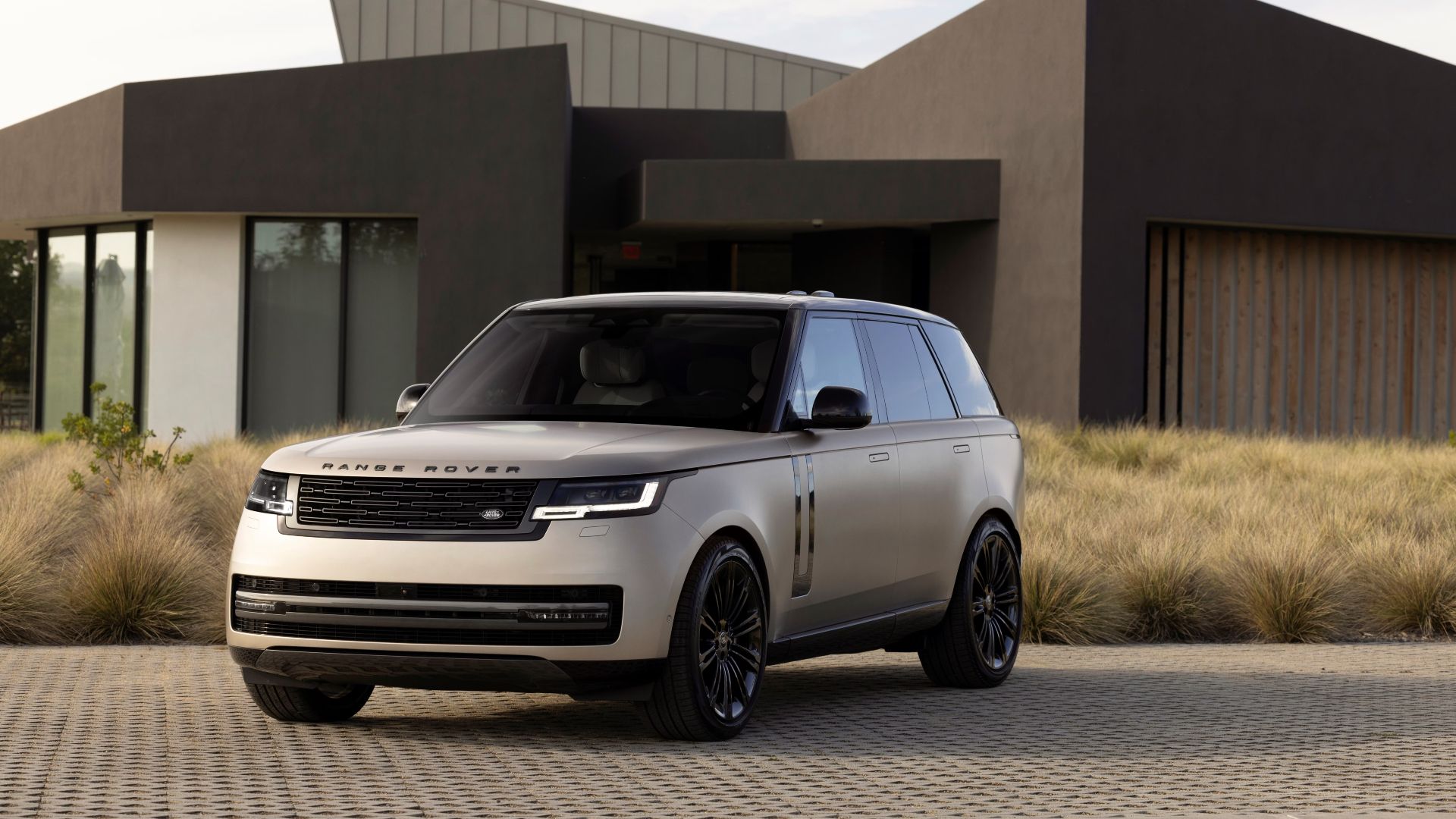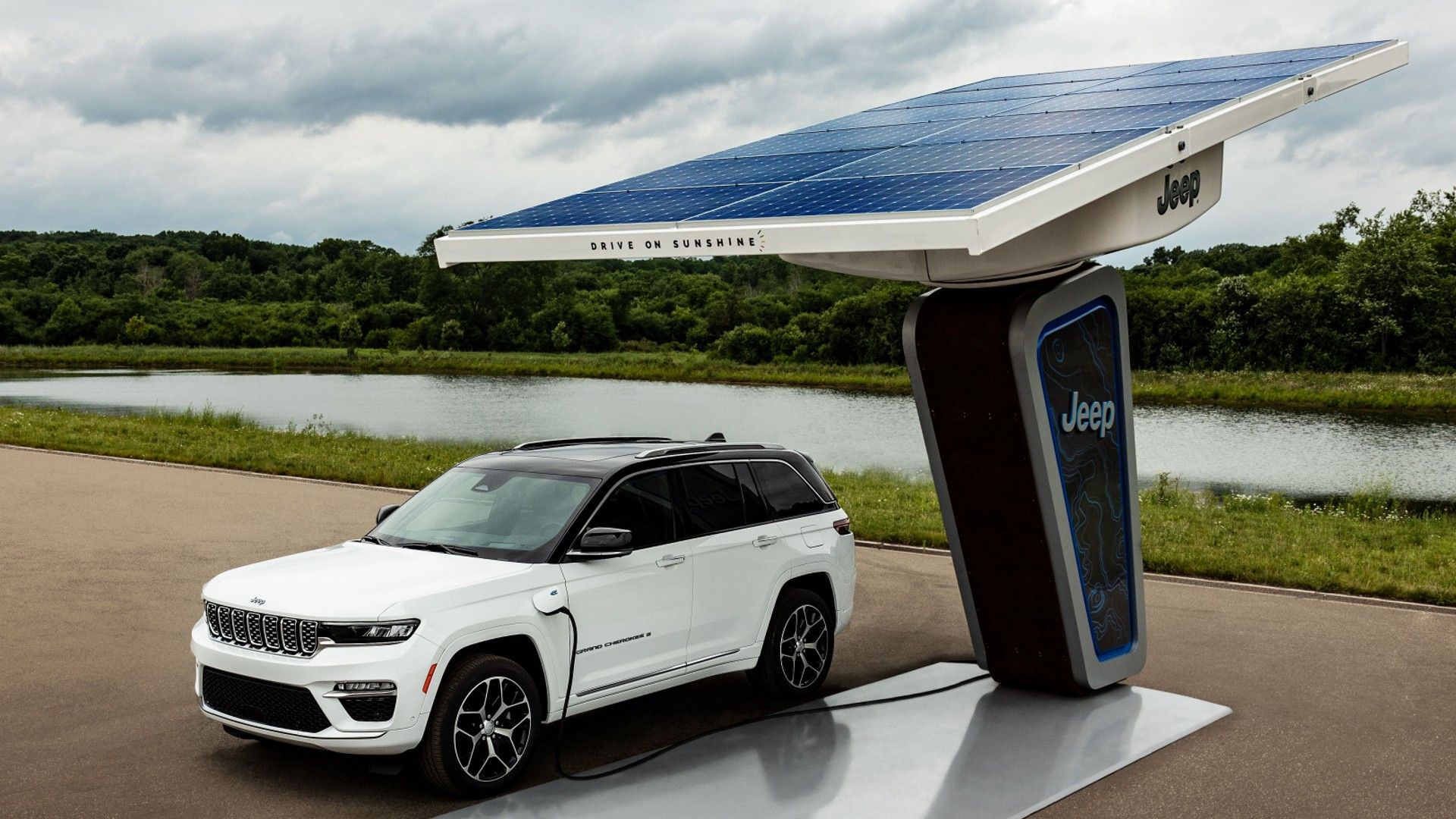Summary
- Owning a plug-in hybrid is a valuable transition step to fully electric vehicles, providing practical knowledge and dispelling misconceptions.
- PHEVs offer a gradual introduction to electric driving, helping drivers become familiar with the quiet, smooth, and responsive nature of electric propulsion.
- Hybrid ownership fosters environmental consciousness and promotes electric mobility, encouraging others to consider adopting electric vehicles.
Owning a plug-in hybrid electric vehicle offers a valuable transition step toward the eventual ownership of a fully electric vehicle. PHEVs combine both an internal combustion engine and an electric motor. This provides the convenience of conventional refueling while allowing drivers to experience electric driving. This unique hybrid nature imparts practical knowledge, dispels misconceptions, and cultivates habits that can effectively prepare individuals for the distinctive aspects of owning an EV. Modern plug-in hybrids have drastically developed in recent years now that manufacturers are betting big on electrification. They still commonly employ lithium-ion battery packs, but this development is likely to skyrocket even more once solid-state battery technology becomes a reality.
Consumers may be hesitant to step into a fully electric car for several reasons. Electric cars tend to be quite an adjustment for average motorists who struggle with range anxiety and a lack of education surrounding electrification. They may also have a limited understanding of charging infrastructure and see the price of electric cars as inaccessible, while not considering the long-term savings in no fuel and lower maintenance costs. The best way to combat this is to consider a PHEV which can be used as a fully electric car over short distances with the support of a conventional ICE. This is how a plug-in hybrid electric vehicle can prepare you for owning an EV.
Gradual Transition To Electric Driving
PHEVs offer a gradual introduction to electric driving. Their ability to operate in full electric mode for short distances eases drivers into the experience of relying solely on electric power. By toggling between the internal combustion engine and electric motor, owners become familiar with the quiet, smooth, and responsive nature of electric propulsion. This gradual transition helps alleviate the apprehension associated with fully electric driving and can build confidence in managing an EV's unique features.
Commuters who cover short distances over the course of a day will find great value in owning a hybrid. It allows them to conduct their daily run solely on electric power while still having an ICE as a means of support for emergencies or weekend getaways. PHEVs also address the issue of range anxiety by leveraging their hybrid architecture. Owners can rely on the gasoline engine for longer trips, while still enjoying electric driving benefits for daily commutes. This dual-power approach instills the practice of assessing trip lengths and choosing appropriate driving modes. This mirrors the consideration needed when transitioning to an EV with a specific range.
Charging habits cultivated through PHEV ownership are crucial for EV adaptation. While PHEVs can be charged, their dependence on gasoline reduces the urgency of frequent charging. However, this dual experience prepares owners for the similar yet slightly extended charging routine required for EVs by getting them to occasionally charge for electric driving while relying on gasoline for longer trips. Owners become accustomed to the process of connecting to chargers and establishing a foundation for regular charging habits necessary for maintaining an EV's optimal range.
Energy Efficiency Awareness
Hybrids emphasize energy efficiency through features like regenerative braking and energy consumption displays. Owners learn how driving behaviors directly affect energy conservation. This makes them more mindful of their actions behind the wheel. This awareness naturally transfers to EV ownership, where efficient driving techniques significantly impact the vehicle's range. The efficiency-oriented mindset developed during PHEV ownership can potentially extend an EV's mileage and maximize the electric driving experience.
Owning a hybrid acquaints drivers with charging infrastructure. These are not fully dependent on public charging, but PHEVs can be plugged in at home or at charging stations. This familiarizes owners with the locations of charging stations, the process of connecting to them, and the convenience of charging at home. Such experience makes the transition to EVs more seamless, as individuals already possess the knowledge required for navigating charging networks and managing their EV's power needs.
As of right now, commuters requiring to cover long distances may struggle to consider an electric car. The more limited range and longer recharge times, even with fast direct-current charging, can still be considered a major handicap for some. This does not change the fact that an EV can still act as a great bridge to full electrification. Consumers can maintain possession of their hybrid electric cars until manufacturers can put together an electric car with an even greater range and faster charging capabilities. Manufacturers offer a catalog of cool and thrilling hybrid cars that focus on delivering great performance while lowering their impact on the environment.
Lifestyle Adaptation
PHEVs encourage subtle shifts in driving and lifestyle patterns. Owners start evaluating their trips to determine whether electric mode suffices and reinforce the concept of optimizing electric usage. This practice mirrors EV ownership, where planning routes and considering charging stops are essential. This shift in perspective encourages a more deliberate approach to driving and a heightened awareness of energy consumption, both of which are valuable for successful EV integration.
Owning a PHEV provides insight into the financial aspects of electric mobility. While the cost savings are not as pronounced as with fully electric vehicles, PHEV owners still experience reduced fuel expenses during electric driving. This first-hand experience with energy cost savings helps individuals understand the potential financial benefits of owning an EV, which offers even greater savings due to lower electricity costs compared to gasoline. The only handicap regarding hybrid ownership has to cover two ends of maintenance with the ICE and battery system. Routine engine maintenance will still be required while having to cover battery module replacements, which tend to occur every eight to 10 years.
Hybrid ownership fosters environmental consciousness by introducing owners to the benefits of reduced emissions during electric driving. Individuals are likely to become more attuned to the environmental implications of their driving choices as they witness the positive impact of lower emissions and reduced fuel consumption. This heightened awareness encourages a sense of responsibility towards sustainable transportation practices, which is a sentiment that naturally aligns with the core ethos of EV ownership.
Public Perception And Advocacy
Driving a hybrid car contributes to promoting electric mobility and normalizes electric driving within communities. Hybrid cars showcase the viability of electric propulsion to a broader audience and potentially encourage others to consider adopting electric vehicles. Furthermore, hybrid owners often become advocates for electric driving as they share their experiences and dispel myths about EVs. This advocacy plays a pivotal role in accelerating the adoption of electric mobility on a larger scale.
Owning a hybrid electric vehicle lays a strong foundation for transitioning to an electric vehicle. PHEVs provide a practical bridge between conventional internal combustion engine vehicles and fully electric mobility. Through experiences like gradual electric driving transition, range management, efficiency awareness, charging infrastructure familiarity, lifestyle adaptation, financial considerations, environmental consciousness, and public advocacy.
PHEV ownership imparts valuable insights and habits that prepare individuals for the distinct aspects of owning an EV. PHEVs effectively equip owners for the exciting journey towards embracing electric mobility by familiarizing drivers with electric propulsion, charging habits, energy conservation, and the overall EV ecosystem.
Driving a hybrid car such as a Toyota Prius or Honda Insight usually came with a level of negative stigma for a multitude of reasons. This is changing now that electrification has become more mainstream. Manufacturers have mastered creating hybrid-electric cars that blend into varying tastes and aesthetics, and the consensus regarding hybrid cars is far more positive.

